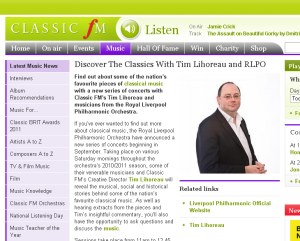 It’s a well known fact, mostly well known to chemists, that the composer Alexander Borodin was also a chemist. When not playing his part as one of the Hand of Five, Borodin did some not insubstantial work on aldehydes. He did his post-doc in Heidelberg with Emil Erlenmeyer (of eponymous flask fame and more) working on benzene derivatives. He subsequently worked on organic halogen compounds and published the first nucleophilic displacement of chlorine by fluorine in benzoyl chloride, the Borodin reaction, rediscovered in the West in 1939 as the Hunsdiecker reaction.
It’s a well known fact, mostly well known to chemists, that the composer Alexander Borodin was also a chemist. When not playing his part as one of the Hand of Five, Borodin did some not insubstantial work on aldehydes. He did his post-doc in Heidelberg with Emil Erlenmeyer (of eponymous flask fame and more) working on benzene derivatives. He subsequently worked on organic halogen compounds and published the first nucleophilic displacement of chlorine by fluorine in benzoyl chloride, the Borodin reaction, rediscovered in the West in 1939 as the Hunsdiecker reaction.
Anyway, it was with this in mind that I baited ClassicFM’s Tim Lihoreau with the idea of starting a twitter “meme”, you know one of those incessant hashtag games. Anyway, we had a little flurry of activity this morning with Lihoreau adopting the hashtag #classicalscientists and pointing out that Elgar too had his own laboratory and was a keen amateur scientist. Conductor-composer Albert Coates graduated in science from the University of Liverpool, he revealed, and Emil Votocek was a Czech chemist, composer and music theorist famed for his chemistry textbooks and multliingual chemistry and music dictionaries. Aram Ilyich Khachaturian studied biology at university turning to music. Composer and organist William “Willie” Crotch, who was born in the 18th century and apparently wrote on astronomy, electricity, pyrotechnics and other subjects.
Slightly off beat but a wonderful classical science connection, Lihoreau pointed out that composer Ralph Vaughan Williams’ grandmother was Charles Darwin’s sister and the grandfather of conductor and impresario Sir Thomas Beecham was chemist Thomas Beecham who invented “Beecham’s Powders”.
Hildegard of Bingen wrote books on science as well as music in the 12th century and Albert Einstein played violin relatively well when not revolutionising physics in the 20th.
There must be others. Feel free to let us know…